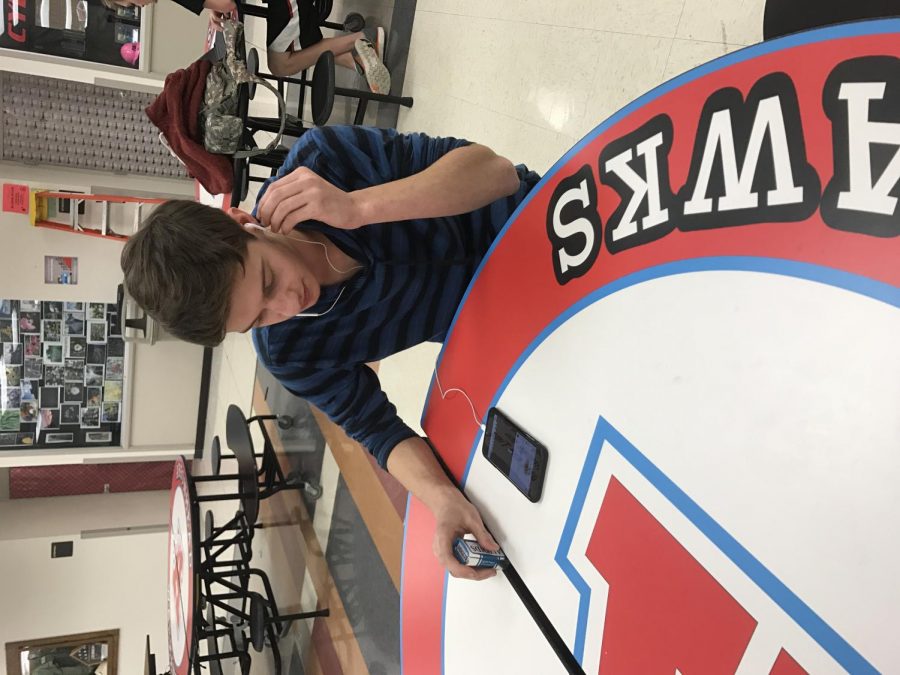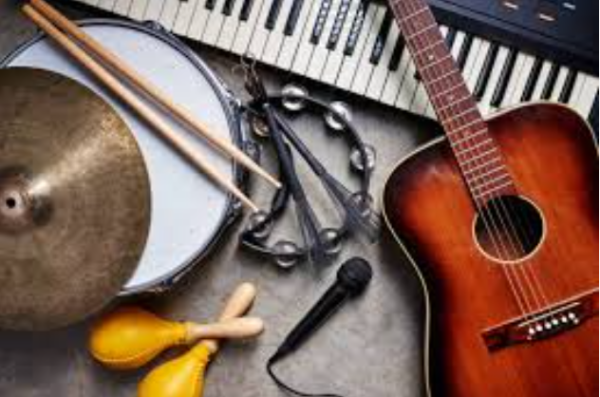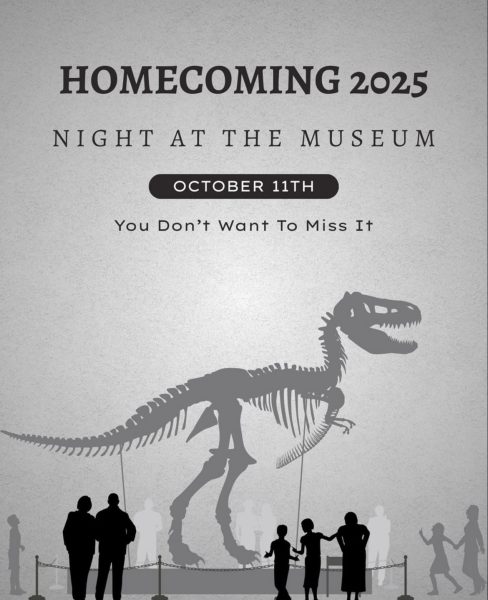Studies Prove that Music Aids in Academic Success and Stress Relief
Everyday at Arrowhead high school, students listen to music: in the classroom, in the lunchroom, in the hallway. But what are they really listening to, and what effect does it have on their academic performance?
“I’m listening to music throughout the entire day,” says AHS junior Morgan Konopka. “I mainly like listening to rap. It gets me hyped up and distracts me when I’m stressed out.”
According to Dr. Masha Godkin of NCU in the article “Can music help you study and focus?,” by Northcentral University, “Music activates both the left and right brain at the same time, and the activation of both hemispheres can maximize learning and improve memory.”
AHS junior Max Quadracci says, “I like listening to music while I study, but sometimes I get distracted. The music gets me too hyped up and the homework is too boring.”
So, what music should students be listening to for the most beneficial study time?
Diego Santos of GoConqr says, “The best music to listen to is classical. It seems that there is evidence that Mozart improves mental performance. They call it the ‘Mozart effect.’ Listen to sounds of nature such as rain, jungle, waves, or animals while studying.
Listen at a low volume; the main purpose is to study so keep your music in the background.”
At Arrowhead, there is a cell phone policy that prohibits cell phone usage in the classroom. If studies prove that listening to music can aid in academic performance, then should students be allowed to listen to music in the classroom?
“I understand why we aren’t allowed to listen to music in class,” says AHS junior Meleana Strecher. “A lot of kids end up listening to music instead of the teacher. Even though music does help some kids get work done, a lot of kids would miss what the teacher’s even saying.”
“I’m able to listen to music really whenever throughout the day,” says Konopka. “I do have a couple teachers that are a little more strict about it, which I get, but whenever we’re doing quiet work during class, I can listen to music. The only time I really can’t is when I’m doing a quiz or test, obviously.”
Michael Hall, AHS science teacher, says, “I hate seeing kids walking in the hallway listening to music. They need to be more social and intouch with the world.”
Hepfner says, “Music is the best and easiest-to-reach stress reliever. At school, we are constantly on edge: catching up on homework, studying for a big test, trying to juggle school, clubs sports, and work. Students need something to calm them down when there is no one around to help. A lot of times, nothing my friends say has any effect on me when I’m feeling really anxious. But, when I listen to music, I feel like I’m in another world and I’m finally able to get something done instead of just sitting around freaking out. Music helps me, and almost all of my friends, and I’d be a constant mess if I couldn’t use it as a source for stress relief.”









